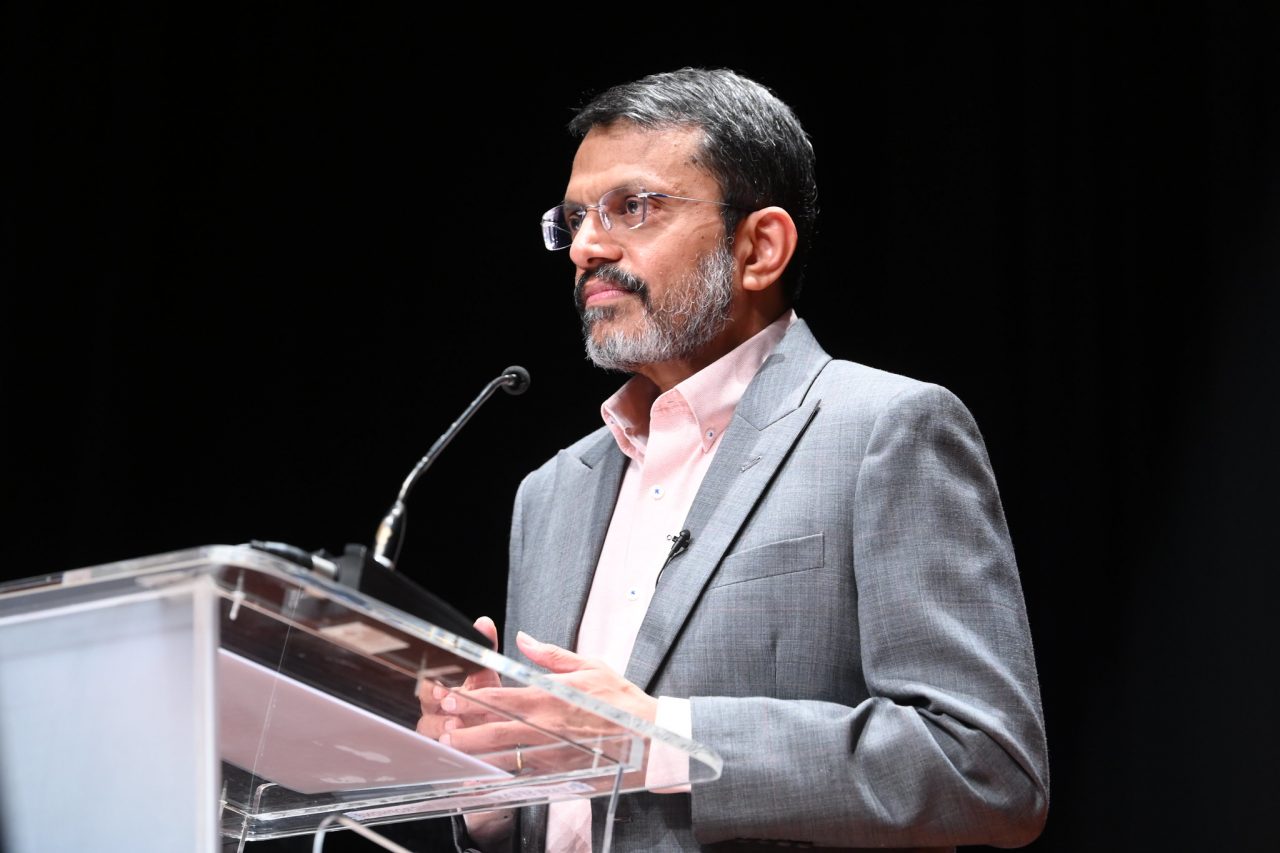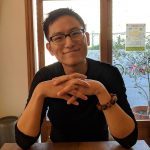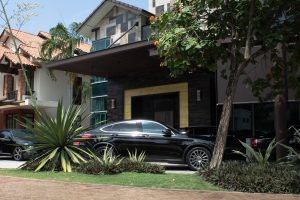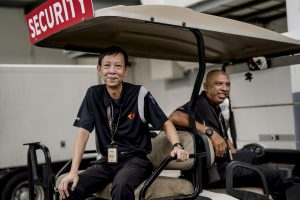Ravi Menon, the head of the Monetary Authority of Singapore (MAS), is about as ‘establishment’ and ‘mainstream’ a figure I can think of to give a series of lectures on his socio-economic vision for Singapore.
Which was why, when this year’s IPS-Nathan lectures were announced, my interest in the online-only event was lukewarm, to put it mildly. I expected the same prescriptions, technocratic jargon and liberal uses of the words ‘resilience,’ ‘carefully balanced,’ and ‘maintaining Singapore’s competitiveness’, cliches which tend to justify why the Government must always give preference to the interests of Capital over Labour.
To my surprise, what I heard from Menon’s lectures was something new both in tone and substance.
When Menon started using words like ‘transparency’, ‘minimum wage’, and ‘wealth tax’, I had to do a double-take. Had the MAS chief gone rogue? Did I miss his retirement announcement? Or was this one of those internet deep-fakes I’d heard so much about?
While I hesitate to use these lectures as a broader indicator of a sea-change in Singapore’s public policy, I also don’t think we should be so quick to dismiss it either.
At the very least, the speaker and the platform merits a closer examination.
Unfortunately, coverage of these lectures has been lost in the relentless Covid news cycle and Singapore’s third descent back into semi-lockdown. For policy wonks who want to delve into the minutiae of Menon’s proposals, the lectures are available on Facebook and Youtube.
But in the interest of time, I’ve compiled a non-exhaustive list of the most salient points from each lecture, to let you, the reader, be the judge.
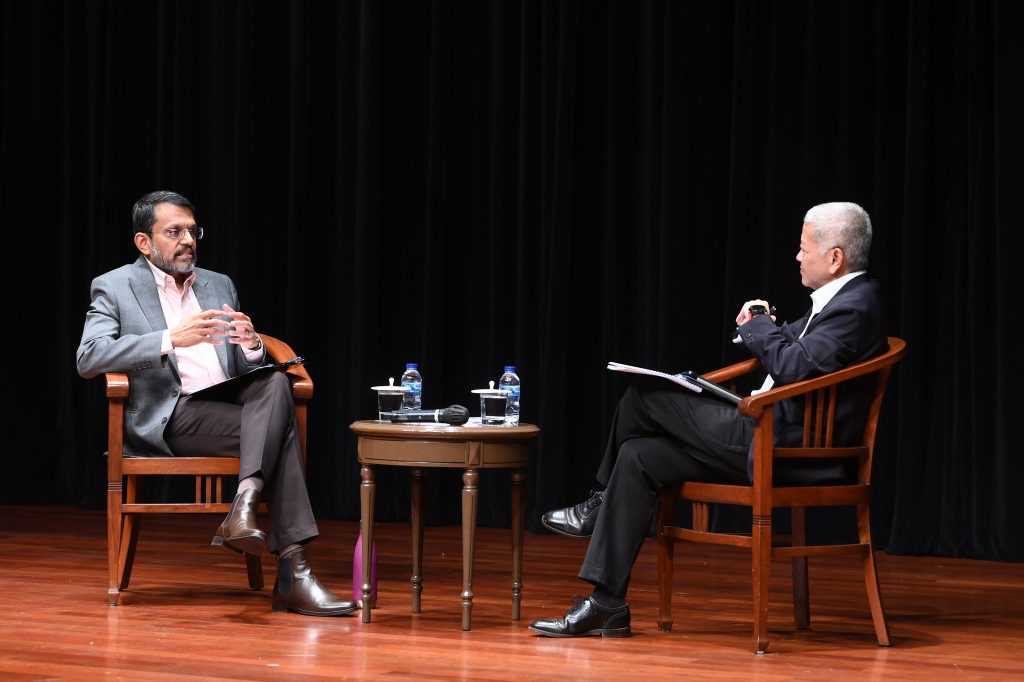
Lecture I: The Four Horsemen
To set the stage, Menon opens his lecture on a hopeful note: citing the Book of Revelations and the Dawn of the Apocalypse. The Four Horsemen represent the four fundamental forces that are reshaping the old order: Demographics, Inequality, Technology, and Climate.
1. Singapore’s ageing population and low fertility rates are irreversible.
Singapore is one of the most rapidly ageing countries in the world. The old-age dependency ratio is projected to more than double in the coming decades, hampering economic growth. There will be a sharp rather than gradual decline in the labour force, putting pressure on healthcare systems, leading to a care gap for the elderly. Productivity increases will not be enough to offset the demographic impact on economic growth.
2. ‘Meritocracy is at risk of becoming heritable’ due to wealth inequality
Parents are naturally good at passing on their privileges to their children. Since wealthy families can invest more resources into education, studies have shown that children test scores and parental income are highly correlated.
Wealth inequality is more pernicious than income inequality because it entrenches elitism, leading to the formation of a hereditary ruling class.
3. Carbon taxes in Singapore need to be ‘significantly’ higher in order to tackle climate change.
Menon asserts that a meaningful price for carbon is the cornerstone for Singapore to successfully transition to a green economy. While Singapore was the first country in Southeast Asia to implement a carbon tax, it currently sits well below the globally recommended minimums. Today, Singapore’s carbon tax is $3.75 USD per ton of CO2. The lower end of estimates suggests that a tax of $75 USD per ton is needed by 2030.
This will have major knock-on effects on the fossil fuel industry and the Singaporean consumer.
Curiously, Menon makes a direct comparison to the GST hikes, which he admits is a regressive — ‘but not necessarily a bad’ — tax that must be offset with Government support for low-income households.
4. Menon outlines the New Singapore Synthesis of innovation, inclusion, and inspiration.
The Old Singapore Synthesis — of adaptation, competition and pragmatism — may no longer be enough to address the challenges posed by the Four Horsemen.
And I quote:
“Adaptation without innovation descends into stagnation.
Competition without inclusion degenerates into elitism.
Pragmatism without inspiration deteriorates into expediency.”
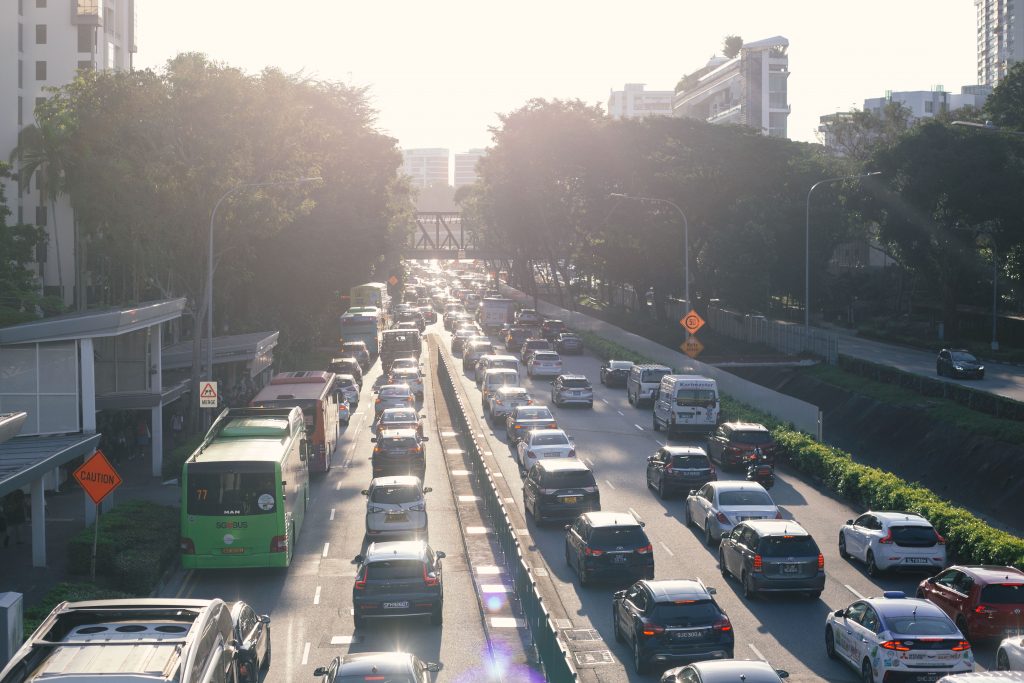
Lecture II: “An Innovative Economy”
1. Singapore must transition from being a late-adopter to a first-mover on new technologies
Singapore is no longer a ‘catch-up’ economy. Investing more money into the existing ways of doing things is no longer enough. Innovation must be the main source of future productivity growth. This means a higher tolerance for failure. Otherwise, Singapore’s ageing demographics and declining workforce will all but guarantee a stagnant economy.
2. Singapore must reduce its dependence on cheap foreign labour
Currently, Singapore has a highly productive tradable sector in professional services, and a low-productivity non-tradable sector in construction, real estate, and food services etc.
This shows up in the wage disparity, which is far more pronounced in Singapore compared to global benchmarks.
Singapore needs to reduce its dependence on cheap imported foreign labour, allow wages to gradually rise, while mitigating the pressure on the cost of living. In cases where wage growth cannot keep up with rising prices, the Government should consider providing fiscal support for low-income households.
3. Paying higher local wages may not necessarily lead to a loss of competitiveness or employment
Menon went out of his way to dispel fears among some businesses that higher wages will lead to loss of competitiveness and jobs. This may have been true in the 90s during the Asian Financial Crisis, but recent studies have shown that this argument is less compelling in 2021. In a digital and service-oriented economy, countries with high labour costs can also be highly competitive.
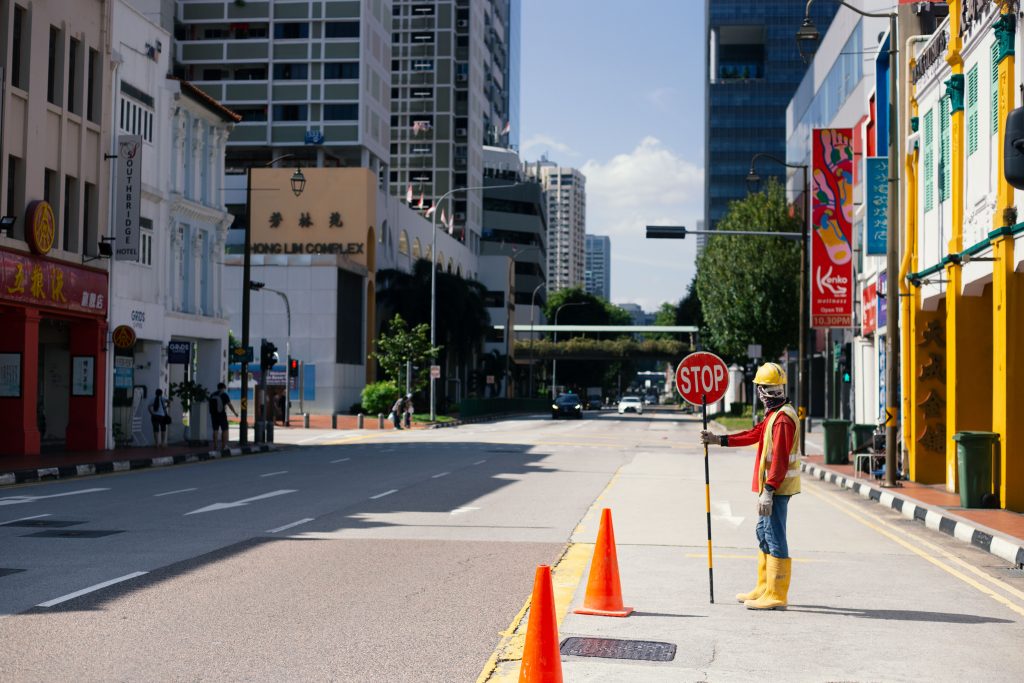
Lecture III: “An Inclusive Society”
1. Singapore must create an inclusive society based on equality of opportunity
Menon defines Inclusion as striving for equality of opportunity rather than absolute equality of outcomes. The ultimate goal is to create an ‘economy of belonging’ where the markets work for everyone based on their individual preferences.
He does acknowledge, however, that a ‘highly unequal society’ is unlikely to be inclusive. This thesis has not yet borne out in Singapore, as the city-state has experienced healthy median wage growth over the last decade. Middle-class wage growth over the next decade needs to be closely monitored.
2. Singapore has room to ‘go further’ in taxing wealthy
To address the widening wealth gap driven predominantly by investment gains in real estate, Singapore should ‘shift the balance’ in its tax structure from taxing income to taxing wealth. Menon floated a property gains tax and an inheritance tax as potential options.
Menon does, however, caution against poorly designed and/or hard to implement wealth tax schemes that lead to capital flight, while not achieving its intended mandate of reducing inequality.
3. Singapore should seriously study a modest minimum wage.
The PWM and minimum wage do not have to be an either/or decision. Currently, it is unclear whether the PWM can be extended to all occupations below the 30th income percentile — and how long this will take. Instead of relying on one scheme, Singapore should deploy a combination of ‘social safety nets, trampolines and escalators’, which are all necessary for an inclusive labour market.
Menon cites the growing body of empirical evidence that points to ‘zero or minimal’ adverse effects on employment from adopting a minimum wage, causing him to ‘change his mind’ on the issue.
Ultimately, the impact of minimum wage depends on the level it is set at. The Local Qualifying Salary (LQS) could be used as a de facto minimum wage ($1,400 per month today), and gradual increases can be considered.
4. “Some form of temporary unemployment benefit” should be considered.
According to Menon, the disruptions in a dynamic labour market will require more security for workers than Singapore currently has. ‘Some form of temporary unemployment benefits or insurance’ should be considered to ease the local worker’s transition from redundant jobs to new jobs. A meaningful career switch takes time, and it would be counterproductive for workers to take the first job that becomes available. Without adequate worker protections, Singaporeans will be more averse to taking such risks that are crucial to an innovative economy.
Menon used the policies in Denmark and other Nordic countries as examples of how a country can focus on saving workers instead of saving jobs.
5. Further increases in minimum salary requirements for Work Pass holders will allow local workers to reclaim domestic jobs
Minimum salary requirements for foreign Work Pass holders, particularly S-Pass holders, should be raised in line with the median local wage of $4,500 per month.
This will drive wage increases for locals in historically wage-depressed sectors like cleaning, construction, nursing and allow locals to ‘reclaim’ domestic jobs that are currently allocated to foreigners.
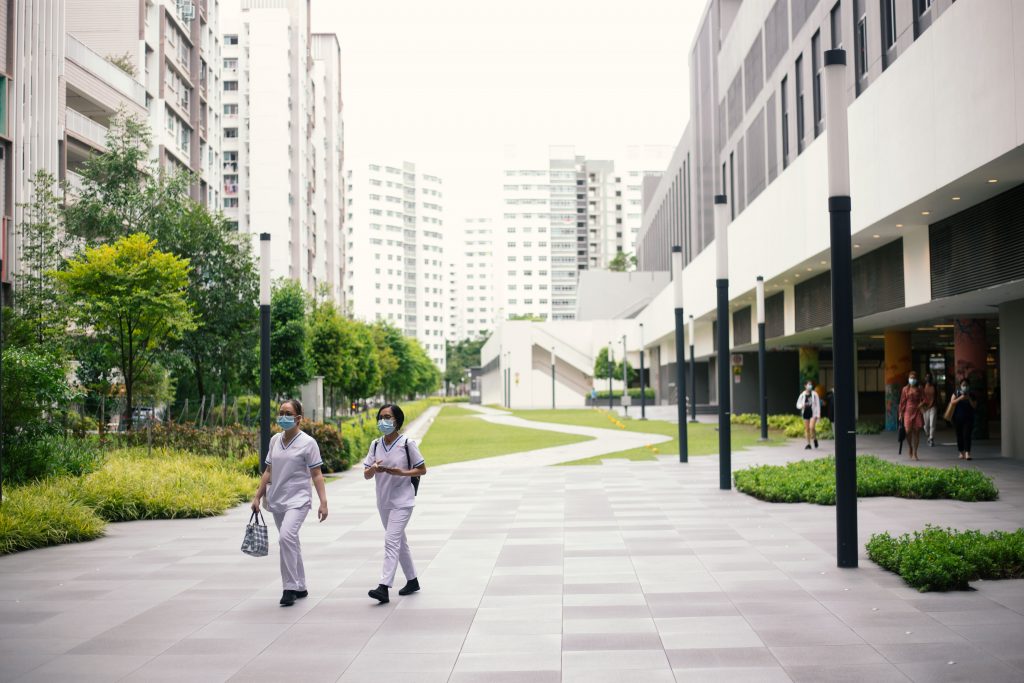
Lecture IV: “An Inspiring Nation”
1. Focusing on ‘values’ instead of ‘value’ can inspire more socially altruistic behaviour
Values appeal to our better instincts. It is up to Singaporeans to decide what trade-offs they’re willing to make, and whether they can accept paying higher prices to reclaim domestic jobs, professionalise the workforce, and to become a truly Green Economy.
2. Excessive reliance on monetary incentives to promote good behaviour will not have durable outcomes
Issues should not always be framed in terms of monetary value. A growing body of work in social psychology has shown that the offer of cash effectively undermines the motive to be a good citizen. Instead, it ended up making a public interest decision one of self-interest. (Writer’s note: does the same logic apply for monetary penalties?)
3. Intrinsic motivators such as moral conviction, passion and a sense of adventure inspires superior outcomes
People are inspired when they focus on something larger than themselves. Emphasis on the intangibles is actually the more pragmatic approach — with higher expected value in an innovative economy. It can incentivise long-term orientation over short-term gratification.
4. We need to promote a value system that emphasises constant questioning over unthinking conformity.
This must start at a young age so that children grow used to thinking in original ways. Singaporean values should be formed by drawing the best from multiple perspectives. This is the essence of the New Singapore Synthesis.
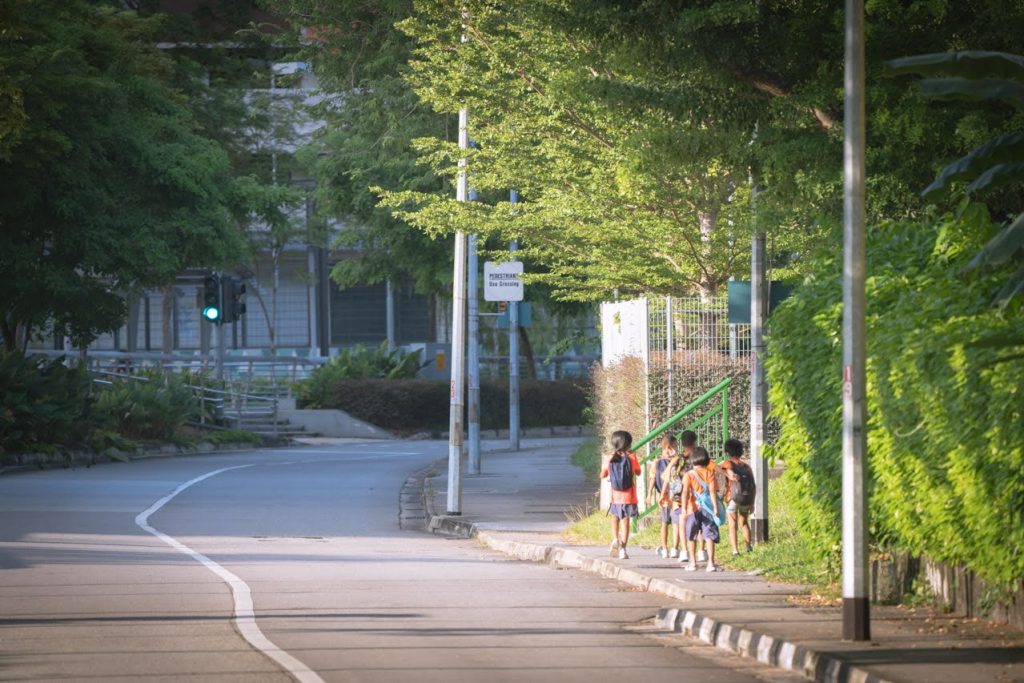
Does This Signal A New Direction?
Progressive-minded Singaporeans have valid reasons to be sceptical.
First, it’s an open question of whether Menon’s proposals will leave the academic sphere at all and the extent to which his ideas will translate into future Government policies.
Second, there is still noticeable resistance among the Old Guard in Parliament, who represent the more traditional constituents—mainly businesses who are stuck in the old economy. The Government must find ways to bridge the gap between the future-charting speeches of Ravi Menon, Lawrence Wong, and Halimah Yaacob on the economy, race, and mental health with the sociopolitical realities on the ground.
Finally, without adequate social safety nets in place today, economic changes of this magnitude may lead to unforeseen externalities (e.g. rapidly unaffordable prices, job losses, friction in upskilling / retraining). It may not be possible — or even optimal — for the Government to micromanage each step of this transition.
If Singaporeans are expected to fail more, the least the Government can do is to provide more cushions for the fall.
All that being said, perceptions of progress are also relative. From the public sector’s point of view, the mere acknowledgement that a) a brand new problem exists, and b) change is necessary, signals a radical departure from how such issues were handled historically.
I, for one, am looking forward to the day when Singaporean MPs and members of the legacy press can finally retire some of its old political adages and strawman arguments.
After all, the reliance on cliches is the bane of clear, data-driven thinking—and the opposite of pragmatism.
If Menon’s lectures signal anything, it’s that once ‘alternative’ ideas in Singapore have slowly entered the mainstream.
Who knows? Maybe the winds are finally shifting.
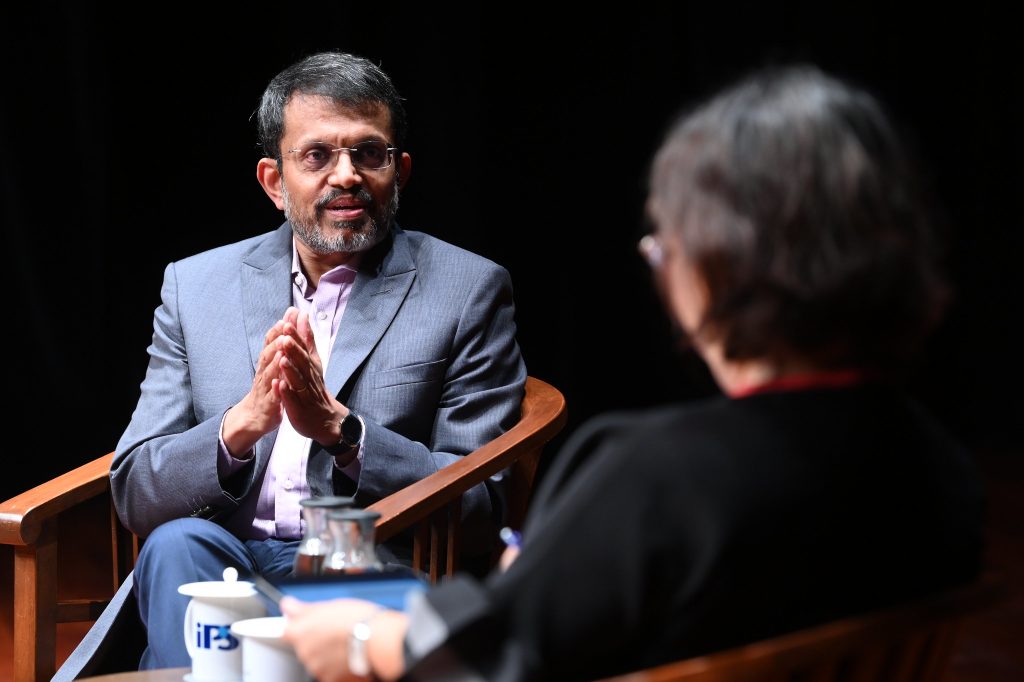
Tell us what you thought of this story at community@ricemedia.co. And if you haven’t already, follow RICE on Instagram, Spotify, Facebook, and Telegram.

